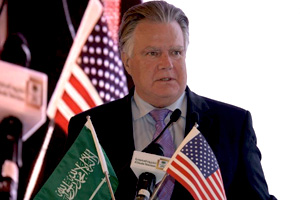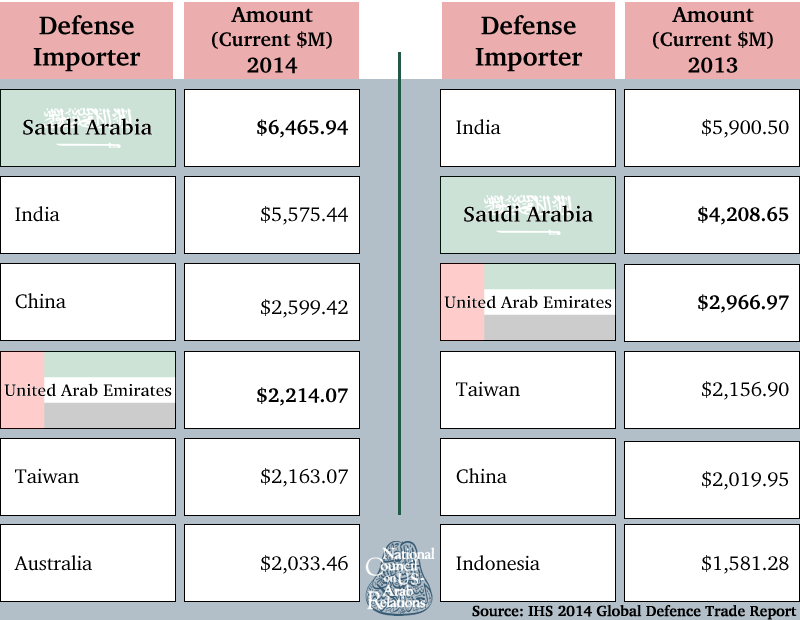An unprecedented and extraordinary event is about to occur: a heads of state summit. These, by any standard, can be and often are extraordinary events. That’s what this one is. It is so because it gathers in the capital of the United States President Barack Obama with the representatives of the six Gulf Cooperation Council countries: Bahrain, Kuwait, Oman, Qatar, Saudi Arabia, and the United Arab Emirates. The two-day summit is set for May 13-14, 2015.
GCC leaders are scheduled to meet with the president in Washington on day one and on day two gather with him in the more capacious and secluded confines of Camp David. The latter venue is a longtime private presidential meeting place in the Maryland foothills, which is conducive to wide-ranging and deeply probing discussions on matters of common, timely, and varying degrees of urgent interest to the president, his advisers, his guests, and their advisers. The focus of this essay is the issues, challenges, and opportunities that will focus the principals’ attention while there.
The Summit’s Participants in Context
That the summit is occurring at this time is no mere coincidence. In terms of the GCC-U.S. relationship, it brings to the forefront the chief representative of the world’s most militarily, economically, and technologically advanced nation. Joining him will be the leaders of six neighboring Arab Gulf countries from what is arguably the world’s most strategically vital region that are little known and even less well understood by the American people as a whole.
What needs to be better comprehended by the American public regarding these countries are the roots and nature of their multifaceted strategic importance not just to their peoples and immediate region, but also the United States and the world in general. To begin with, the six GCC countries possess thirty per cent of the planet’s proven reserves of oil, the vital strategic commodity that drives the world’s economies. Collectively, they are also the holders of the developing world’s largest reservoir of financial assets, as measured in the trillions of dollars.

In addition, the GCC countries have no rivals in their combined positive impact on the American aerospace and defense industries. In the past half-decade, their purchases of U.S.-manufactured defense and security structures, systems, technology, weaponry, ammunition, training, maintenance, and operational assistance have massively impacted and continue to impact the American economy.
The dynamism and mutuality of benefits in the U.S.-GCC relationship are envied by virtually every country that wishes it could accomplish anything remotely similar.

 On April 29, 2015, National Council on U.S.-Arab Relations Founding President & CEO Dr. John Duke Anthony delivered the concluding keynote address at the
On April 29, 2015, National Council on U.S.-Arab Relations Founding President & CEO Dr. John Duke Anthony delivered the concluding keynote address at the 




You must be logged in to post a comment.